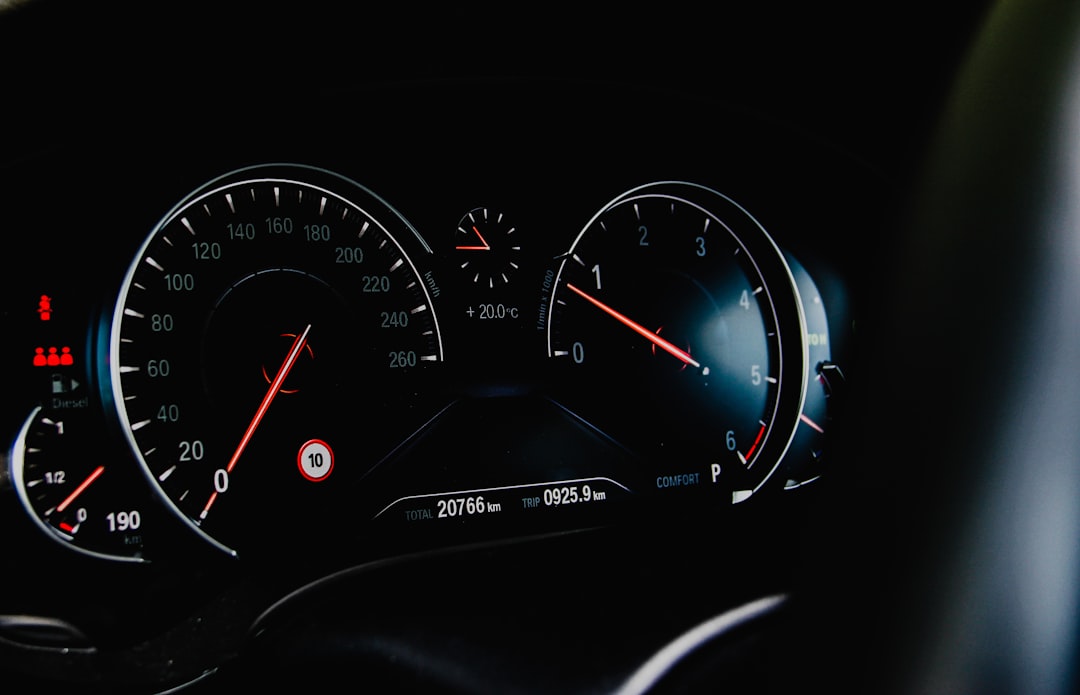Tires are often overlooked when it comes to vehicle maintenance, but they play a crucial role in the overall safety and performance of your car. Proper tire care is essential for ensuring that your vehicle operates efficiently and safely on the road. In this blog post, we will explore the importance of taking care of your tires and provide some tips on how to maintain them properly.
One of the most important reasons to take care of your tires is safety. Tires are the only part of your vehicle that makes direct contact with the road, so it is crucial that they are in good condition. Worn or improperly inflated tires can lead to decreased traction, reduced handling, and an increased risk of accidents. By regularly inspecting your tires and maintaining them properly, you can help to ensure that your vehicle remains safe to drive.
Another key reason to take care of your tires is to prolong their lifespan. Tires are a significant investment, and proper maintenance can help to extend their life and save you money in the long run. Regularly checking the tread depth, tire pressure, and alignment of your tires can help to prevent premature wear and damage, ensuring that you get the most out of your investment.
Proper tire care can also help to improve the fuel efficiency of your vehicle. Underinflated tires can increase rolling resistance, which in turn can decrease fuel economy. By keeping your tires properly inflated and aligned, you can help to maximize your vehicle’s fuel efficiency and save money on gas in the process.
In addition to safety, longevity, and fuel efficiency, proper tire care can also contribute to a smoother and more comfortable ride. Worn or improperly inflated tires can lead to vibrations, rough handling, and increased road noise. By maintaining your tires properly, you can help to ensure a smooth and quiet ride, as well as improved handling and stability.
So, now that we understand the importance of proper tire care, let’s take a look at some tips on how to maintain your tires effectively. One of the most important things you can do is to regularly check the tire pressure. Improperly inflated tires can lead to reduced traction, decreased fuel efficiency, and premature wear. You should check your tire pressure at least once a month, using a tire pressure gauge to ensure that they are inflated to the manufacturer’s recommended levels.
Another important aspect of tire maintenance is checking the tread depth. Worn out or bald tires can be dangerous, especially in wet or icy conditions, where traction is crucial. To check the tread depth of your tires, you can use a tread depth gauge or the old penny trick – simply insert a penny into the tread with Lincoln’s head facing down. If you can see the top of Lincoln’s head, it’s time to replace your tires.
In addition to checking the tire pressure and tread depth, you should also regularly inspect your tires for signs of damage or wear. Look for cuts, cracks, bulges, or uneven wear patterns, as these can indicate a problem with your tires. If you notice any of these issues, you should have your tires inspected by a professional and replaced if necessary.
Finally, it’s important to ensure that your tires are properly aligned. Misaligned tires can lead to uneven wear, reduced handling, and decreased fuel efficiency. If you notice that your vehicle is pulling to one side, or if your steering wheel is off-center, it may be a sign that your tires are out of alignment. A professional alignment can help to ensure that your tires wear evenly and that your vehicle handles properly.
In conclusion, proper tire care is essential for ensuring the safety, performance, and longevity of your vehicle. By regularly checking the tire pressure, tread depth, and alignment of your tires, you can help to prevent accidents, prolong the life of your tires, improve fuel efficiency, and enjoy a smoother ride. Remember, your tires are the only thing between you and the road, so it’s important to take care of them properly. By following these simple tips, you can help to ensure that your vehicle remains safe and reliable on the road.

